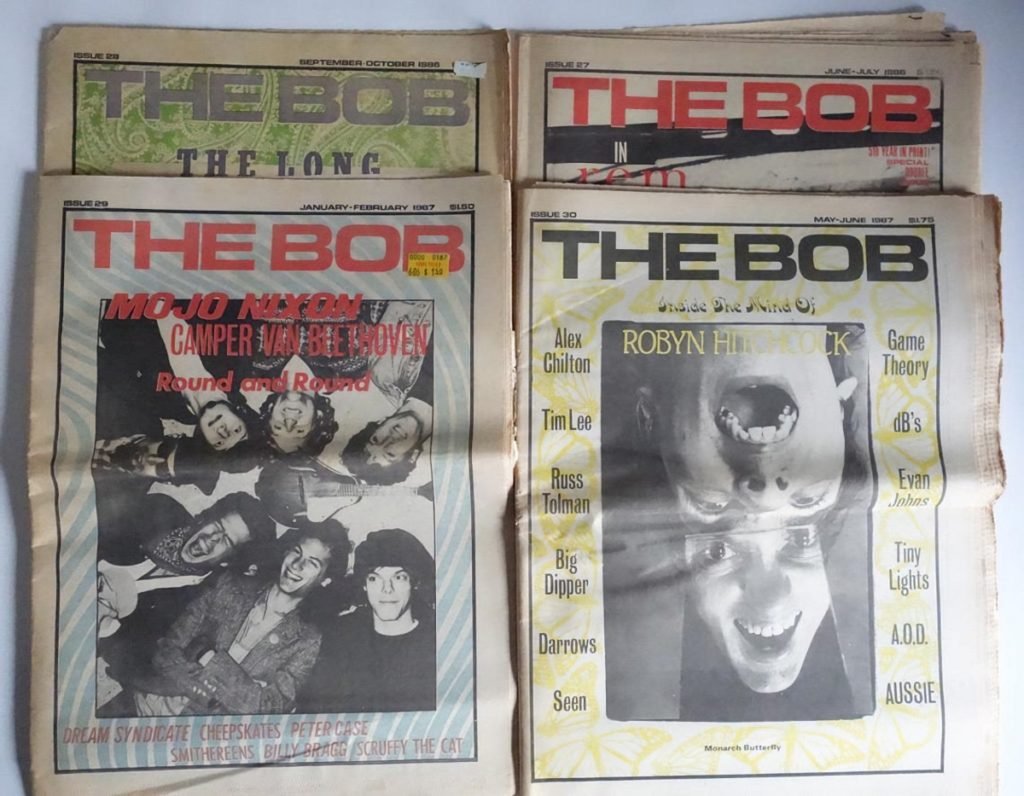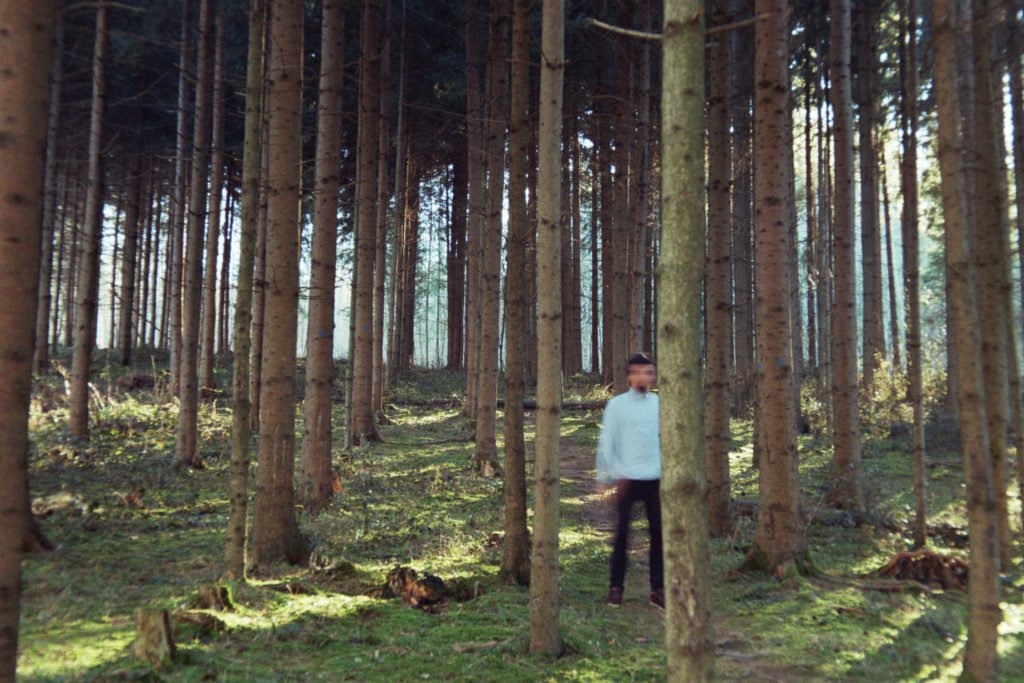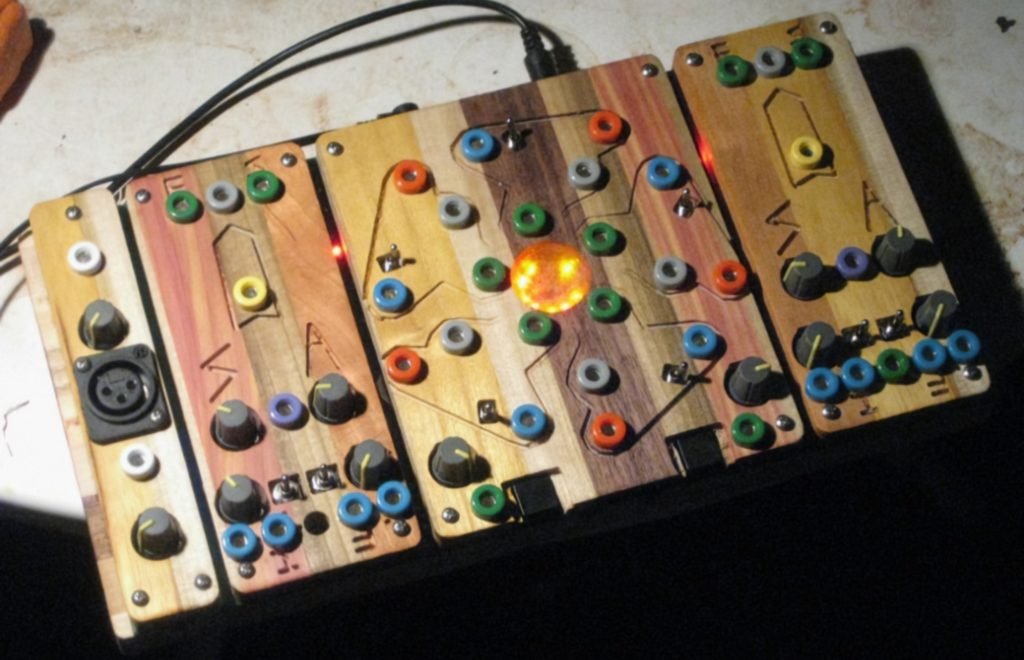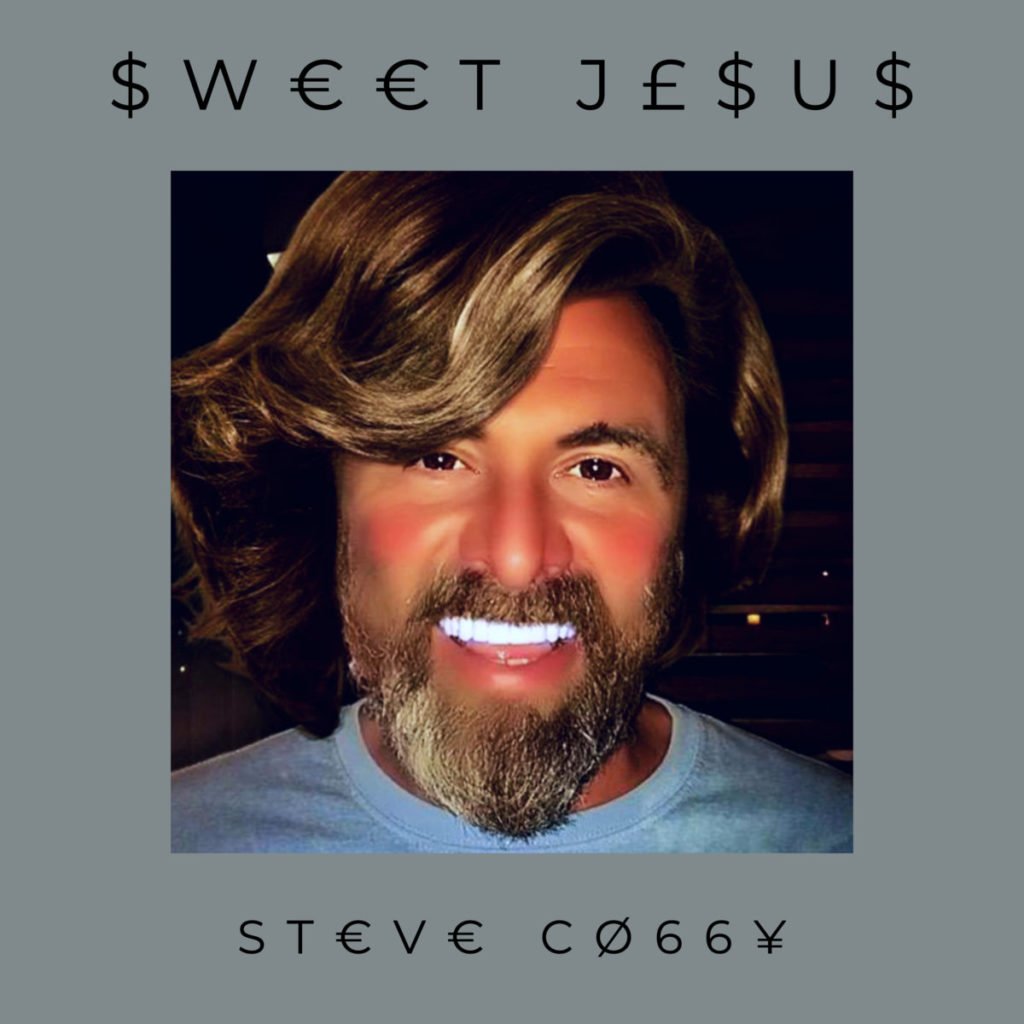Last month, an episode of the podcast Reply All aired that included a music mystery. Brian, the protagonist, recorded a jazzy version of a Christmas song with his friends, burned a few CDs, and uploaded it to YouTube. After views (and listens) never broke double-digits, he forgot about the song. And then, months later, he hears his song playing over the speakers as he shops in a major grocery store chain.
It’s a fun episode, and you should listen to it before reading any further into this post. I’ll end up spoiling it for you. Here you go:
Interesting, eh? The mystery is unsolved. The first question is: how would anyone get ahold of the song? It’s verified that Brian or his friends did not distribute the song through a service like CD Baby. Someone would need the CD or, more likely, the ability to rip music from YouTube. Next: How did the song get into the grocery store? At first, it’s naïvely thought that an employee played the music, but major stores all use music services like Mood Media (who now own Muzak, which you’ve heard of). This is mostly for licensing and rights purposes — it saves the stores from having to individually clear the rights to play music in a commercial establishment.1This leads to a fascinating discussion in the podcast about how the services select music for in-store play. For example, a song’s tempo should resemble the rate a shopper is pushing a cart down an aisle. Seriously, listen to the podcast if you haven’t. But a service like Mood Media would only acquire music submitted to them. This submission could happen directly or through a distributor like CD Baby.
There’s also an Occam’s razor theory that Brian misheard the music in the store and mistook it for his song. He’s given some entertaining tests to find out how well he can identify music. Brian passes with flying colors — he’s got an exceptional ear.
There are other theories thrown about, like the unlikely idea that the music service is pirating Christmas songs to avoid paying royalties. When you think about it, that’s more trouble than it’s worth — a large company isn’t going to spend time trawling YouTube and ripping songs, and if caught, the penalties and reputational harm would be enormous.
The episode ends with a big shrug. The case of the errant Christmas song remains a mystery. The hosts thought through every possible theory, and each is flat-out wrong or unverifiable.
But I have a theory. It’s a theory that’s not touched on in the episode. And, if Brian did hear his song, I bet I’m on to something. I wrote the Reply All team to let them know my idea. Here’s what I told them:
My guess is the song was indeed unscrupulously downloaded and put into circulation. But it wasn’t the music supplier who did this. The clue was when the representative asked if the song could be available from an aggregator like CD Baby.
Let me now give you two examples that will help illustrate my theory:
Check out this article about a ‘music artist’ grabbing songs that don’t have many plays, downloading them, and then releasing them as his own (via 5 Magazine).
And on my blog, I wrote about Kevin MacLeod, who makes music and lets people use it for free in their YouTube videos in exchange for credit. But then someone downloaded his songs and, claiming to be him, registered them with YouTube’s Content ID. This unsavory person was able to monetize the videos that are using Kevin’s music.
So, here’s my theory: Someone is searching YouTube looking for Xmas songs with very low play counts. I’m sure there’s a lot of unreleased, amateur Christmas music on YouTube. And, the lower the play count, the less likely anyone uncovers this scheme. This individual then downloads the songs using a stream-ripper and then collects them into a Christmas ‘album.’ Then this ‘album’ is sent to a service like CD Baby or directly to an in-store music service. The ‘album’ is released under this individual’s name — not Brian’s — to get royalties and payments from places like major grocery store chains for plays.
That said, two factors do *not* support this theory. First, I played the song off the YouTube video for Shazam. A distributor like CD Baby would usually give the music to Shazam’s database. When I tried Shazam, it either could not identify the song or misidentified it. (There was one version of the same song that Shazam suggested that had a very similar piano style, but no drums or sax.)
Another factor is YouTube’s Content ID, as mentioned above. Like Shazam, most distributors would make their aggregated music available to Content ID. If that were the case, Brian’s original video would get flagged.
But we could be dealing with someone who does this kind of thing *a lot* and knows what they are doing. Some distributors will let the artist tell them which outlets to supply music to and which to exclude. I would guess CD Baby and Distrokid offer this option. So, if the individual who ripped this music is explicitly targeting in-store play outlets and the royalties from those, the distributor could be told only to give the music to in-store play music suppliers. In other words, no Spotify, no Shazam, no Content ID. Thus, there’s even less chance to discover this scheme.
The individual could also have a direct account with the in-store music supplier, bypassing normal distribution channels (and thus also Shazam and Content ID). If that’s the case, this person does this a lot — the in-store music services will only deal directly with labels and artists submitting content regularly.
This secret person could be a ‘professional’ — supplying lots of unreleased holiday music ripped from YouTube, repeatedly played over the season (which, as noted in the podcast episode, is getting longer and longer), and collecting royalties.
That’s my theory, but I suppose we’ll never know. ¯\_(ツ)_/¯





